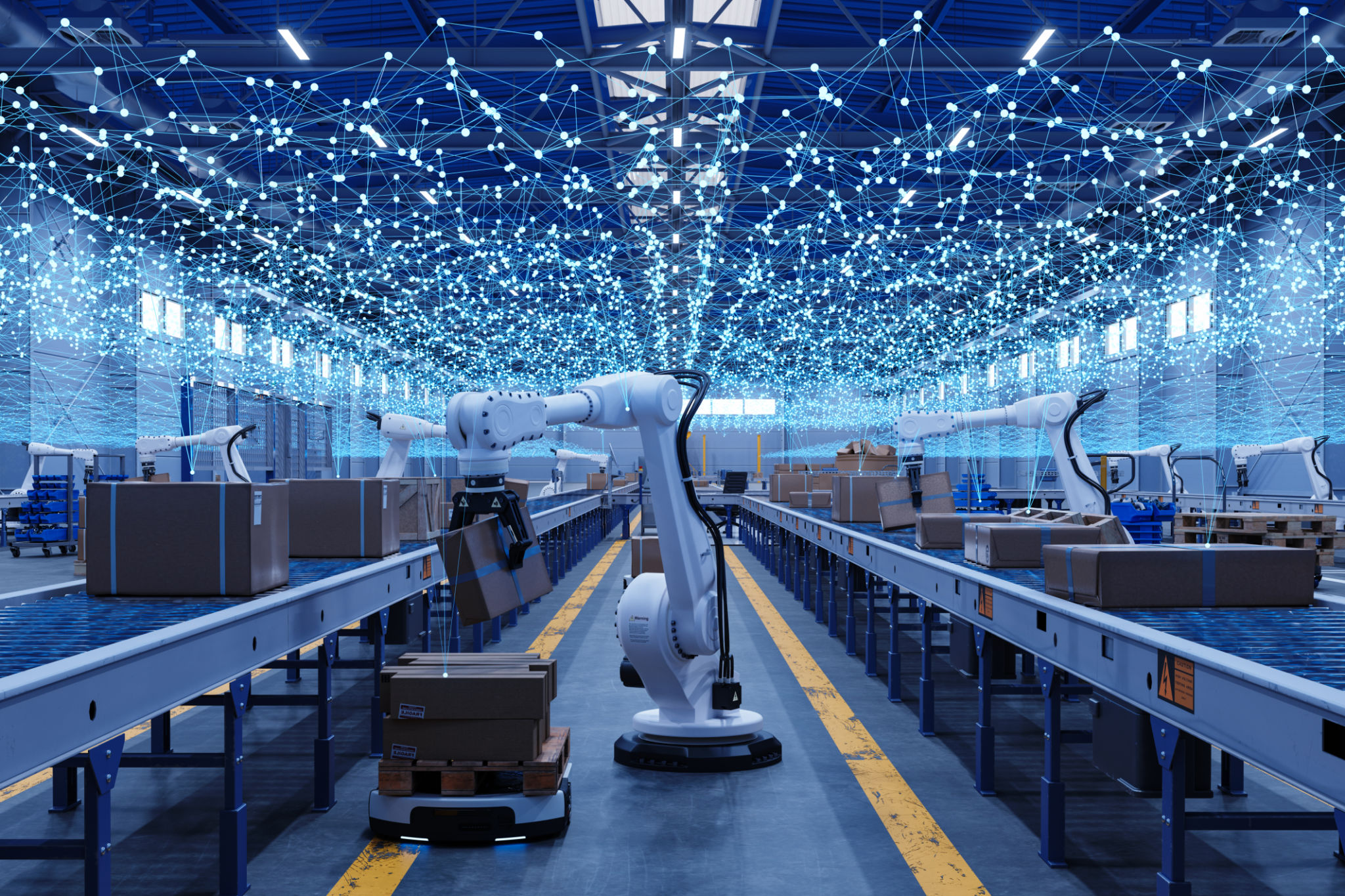Top 5 Industrial Process Control Trends to Watch
Embracing Digital Transformation
The industrial sector is witnessing a significant shift towards digital transformation. With the integration of advanced technologies, industries are optimizing their processes to enhance efficiency and productivity. The adoption of smart technologies, such as IoT and AI, is not just a trend but a necessity for staying competitive in today's fast-paced market.
IoT-enabled devices are transforming the way industries monitor and control processes. By collecting real-time data, these devices provide insights that help in predictive maintenance and reduce downtime. This shift towards data-driven decision-making is revolutionizing industrial process control.

Rise of Artificial Intelligence
Artificial Intelligence (AI) is playing a pivotal role in reshaping industrial process control. AI algorithms are now being used to analyze vast amounts of data, leading to more accurate forecasting and optimization of industrial operations. This trend is particularly evident in sectors like manufacturing, where AI helps in quality control and defect detection.
The implementation of machine learning models in process control systems allows for enhanced adaptability and precision. These models learn from historical data, enabling systems to anticipate changes and respond proactively, thereby improving efficiency and reducing operational costs.

Advanced Automation Techniques
Automation continues to be a driving force in industrial process control. With advancements in robotics and control systems, industries are achieving higher levels of automation, which translates to improved productivity and safety. Automated systems can perform repetitive tasks with consistent precision, freeing human operators for more complex tasks.
The emergence of collaborative robots, or cobots, is a noteworthy trend. These robots work alongside human workers, enhancing efficiency without replacing human jobs. This synergy between human operators and cobots is redefining workplace dynamics, leading to a more harmonious and productive environment.

Emphasis on Cybersecurity
As industries become more connected through digital transformation, the need for robust cybersecurity measures becomes paramount. Protecting sensitive data and ensuring the integrity of industrial systems is critical to prevent cyber threats that can disrupt operations.
Industries are investing heavily in cybersecurity solutions to safeguard their networks and data. This includes implementing multi-layered security protocols and using AI-driven security systems that can detect and respond to threats in real-time.
Sustainability and Energy Efficiency
Sustainability is becoming a central focus in industrial process control. Companies are adopting energy-efficient technologies and practices to minimize their environmental impact. This trend is driven by both regulatory requirements and growing consumer demand for sustainable products.
Process control systems are being optimized to reduce energy consumption while maintaining optimal performance. This includes using renewable energy sources and integrating energy management solutions that provide insights into energy usage patterns.

In conclusion, the industrial process control landscape is rapidly evolving with technological advancements. Embracing these trends will be crucial for industries aiming to enhance efficiency, reduce costs, and remain competitive in a dynamic market. As we move forward, continuous innovation and adaptation will be key to navigating the future of industrial processes.